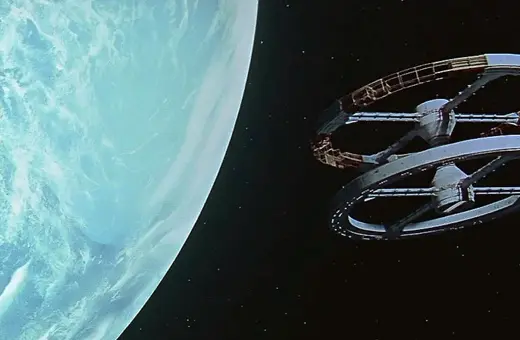Human beings are animals, but are they the only animals who act morally? They are certainly not the only animals who co-operate or who co-ordinate their behaviour, especially in groups. But co-ordination is not all there is to morality. Drivers often try to stay in lane so as to avoid collision and also to get directly to their destination. This is co-ordination but it is unclear that it deserves special moral credit, or indeed any moral credit. Perhaps driving in lane is just a matter of prudence.
Or think of people forming a queue to get off the train. No-one in the queue need be particularly conscious of any other person’s well-being or be trying to avoid harm. Forming the queue may be habitual and unthinking. It need not involve the kind of considerateness that is intuitively associated with morality. So despite the British fondness for queues and the widespread perception that they are part of a civilized approach to getting one’s share of services or goods, queues are probably not particularly morally charged.
Co-ordination, then, is not sufficient for moral behaviour, and it is not necessary either. A spontaneous, one-off, life-risking solo rescue is unco-ordinated in that it is done unilaterally by just one person and also without reference to a conventional role within a rescue organization. But it has added moral value, since besides doing right, the agent risks his own life to save someone else, and risking one’s own life is as big a benevolent gesture as life affords.
Actions can in fact prevent harm and confer benefit and yet not be done because they prevent harm or confer benefit. Morality calls not just for the right results but for the right results for the right reasons. Whether something is the right sort of reason often depends on the weight given or not given to the agent’s own interests, as opposed to those of other people. Acting in one’s own interest comes naturally: acting morally is typically acting for reasons connected with preventing harm or providing a benefit to others, often others with no special connection to one’s own interests.
Whether non-human animals are moral depends on the availability to them of the right reasons, and the operativeness of the right reasons even when available. A clam can get in the way of a crab and in that way prevent the death of some smaller sea creature, but presumably a clam cannot get in the way because by doing so it will save the life of the sea creature. There is nothing in the normal description of a clam’s behaviour that makes available the content for that kind of reason. And to call a clam self-sacrificing or heroic sounds like nonsense or a joke. It might make sense in an anthropomorphising children’s book about a clam; but it would otherwise be outlandish.
Here is where we start to see what obstructs the attribution of moral behaviour to some animals. Morality requires the behaviour of the aspiring moral agent to be in principle intelligible by means of reasons of a special kind, and the behaviour of some animals – clams, for example – does not seem to admit of this kind of intelligibility.




















Join the conversation